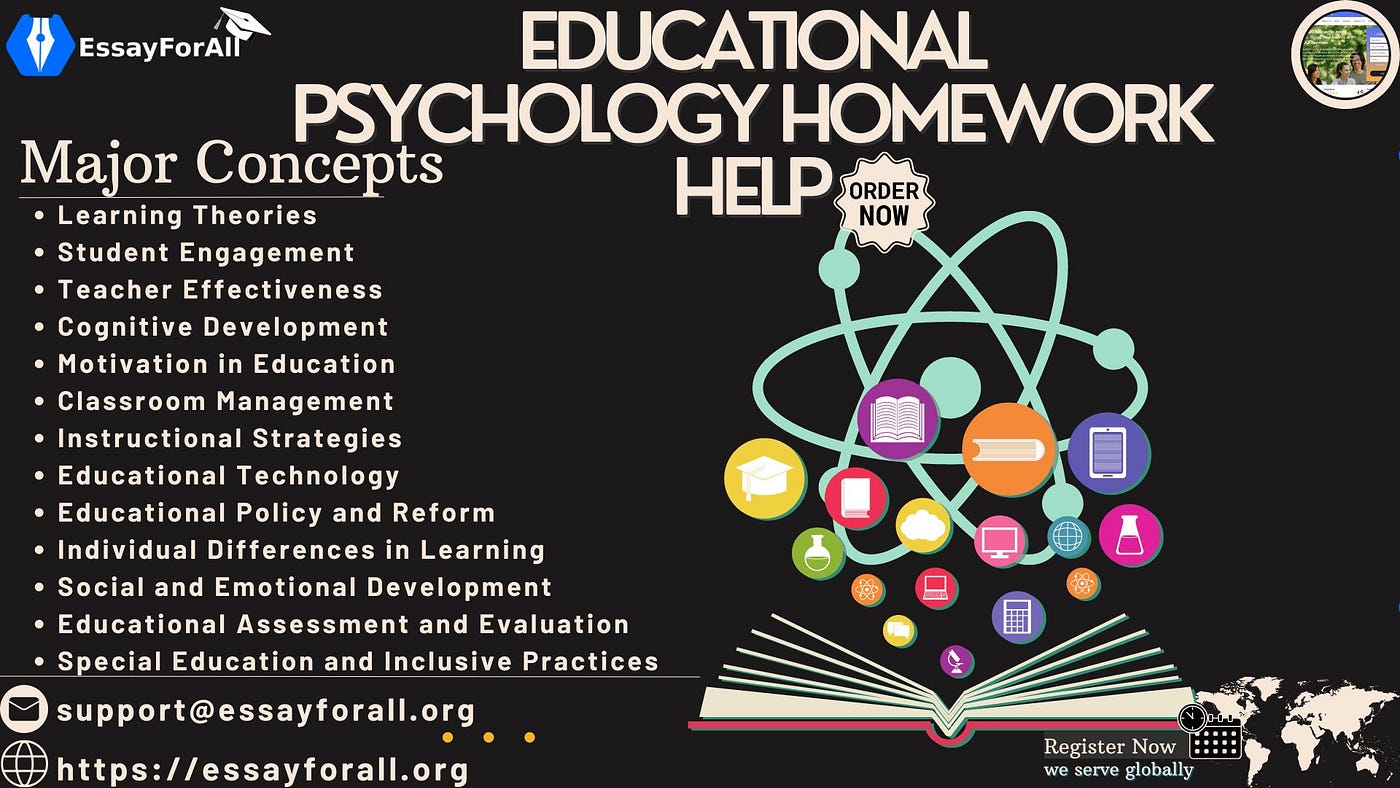
Educational psychology is a field of study that explores how people learn and how to optimize the teaching and learning process. It draws on principles from psychology, neuroscience, and education to understand the cognitive, emotional, and social factors that influence learning.
Key Areas of Focus
Educational psychologists delve into various aspects of learning, including:
- Cognitive Processes: How individuals acquire, store, and retrieve information. This includes memory, attention, problem-solving, and critical thinking.
- Motivation: The factors that influence students’ desire to learn and their persistence in the face of challenges.
- Social and Emotional Learning: The development of social skills, emotional regulation, and empathy.
- Instructional Design: The creation of effective teaching methods and materials that promote learning.
- Assessment: The development and use of assessments to measure student learning and progress.
Applications of Educational Psychology
Educational psychology has practical applications in various educational settings, including:
- Classroom Teaching: Teachers can use principles of educational psychology to create engaging and effective lessons, manage classroom behavior, and differentiate instruction to meet the needs of all students.
- Curriculum Development: Educational psychologists can help design curricula that align with learning theories and promote student achievement.
- Special Education: Educational psychologists can identify and address the learning needs of students with disabilities and provide support for their academic success.
- Educational Policy: Educational psychologists can inform policy decisions related to education, such as curriculum reform, teacher training, and assessment practices.
Key Theories and Concepts
Educational psychology is grounded in a variety of theories and concepts, including:
- Behaviorism: This theory emphasizes the role of reinforcement and punishment in shaping behavior.
- Cognitivism: This theory focuses on the internal mental processes involved in learning, such as attention, memory, and problem-solving.
- Social Cognitive Theory: This theory emphasizes the role of social interactions and modeling in learning.
- Humanistic Psychology: This theory emphasizes the importance of self-actualization and personal growth in learning.
By understanding the principles of educational psychology, educators can create more effective and engaging learning environments that help students reach their full potential.

